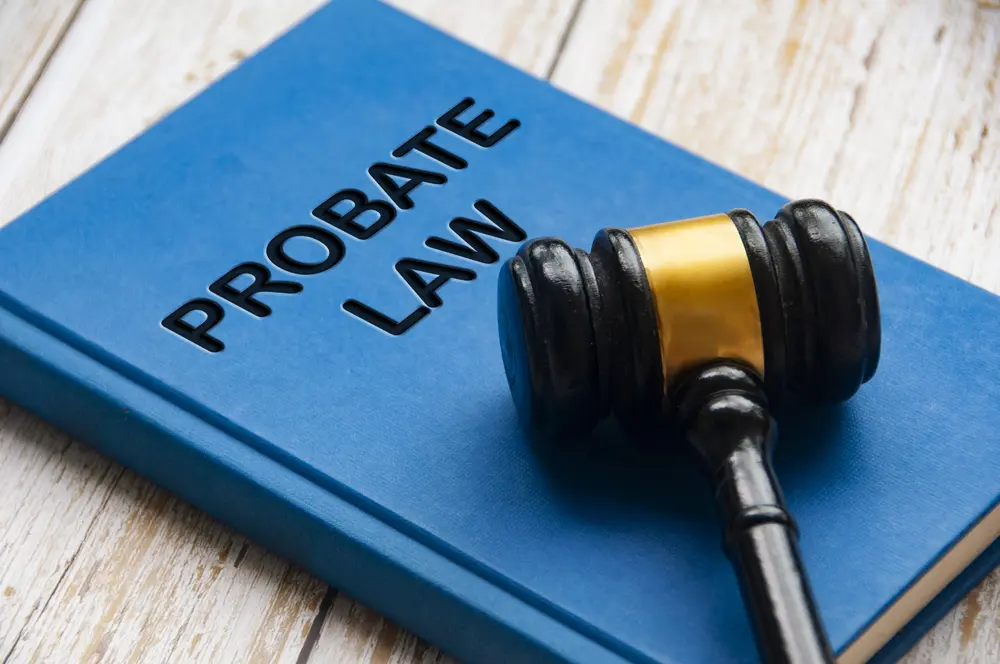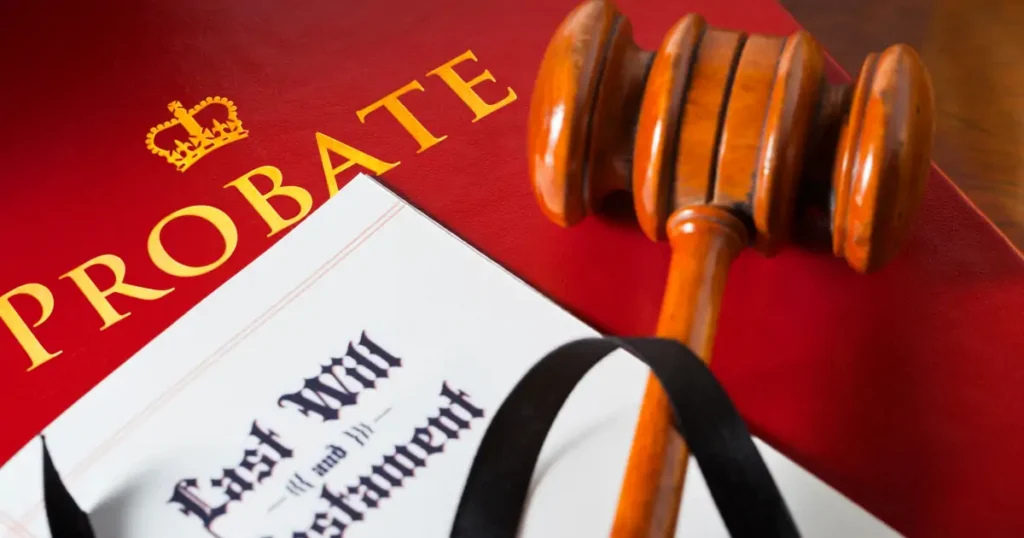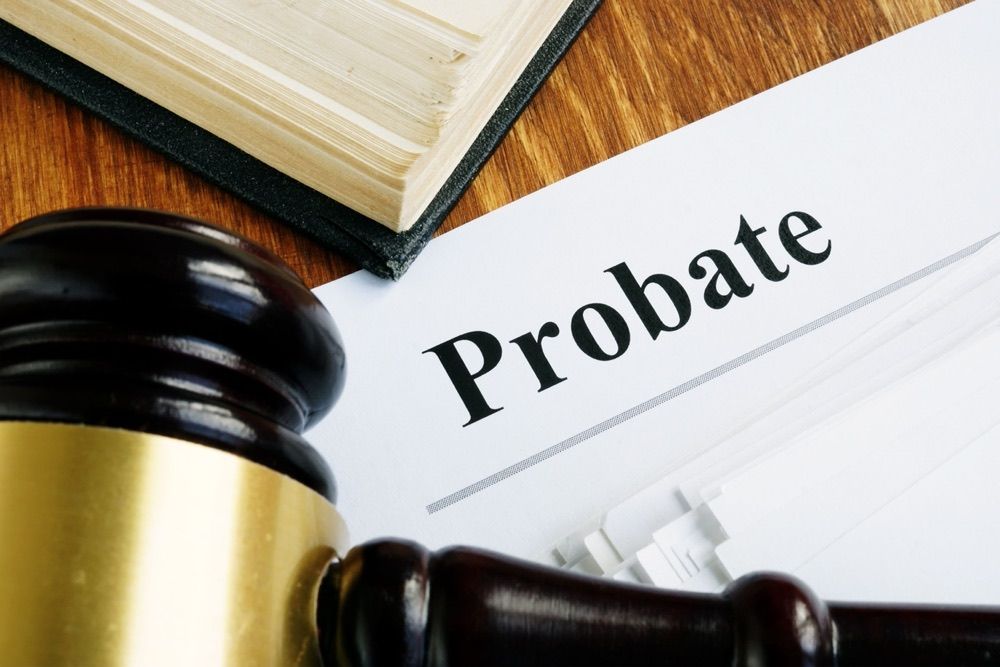Understanding the Probate Process: Key Steps and Considerations
The probate process can seem daunting, but understanding its key steps can simplify the journey for families navigating estate matters. Generally, probate involves validating the deceased's will, identifying and inventorying the deceased's assets, paying debts and taxes, and distributing the remaining assets to beneficiaries.
For instance, the executor must file the will with the probate court, notify beneficiaries, and manage estate assets responsibly. Each step has specific legal requirements and timelines that vary by jurisdiction, making it essential for executors and families to stay informed throughout the process.
Common Probate Challenges: How to Overcome Obstacles
Probate can present various challenges, from disputes among heirs to issues related to the validity of the will. Understanding these common obstacles can help families prepare and navigate the process more effectively.
For example, disagreements over asset distribution may arise, leading to potential litigation. Engaging a knowledgeable probate attorney can provide guidance and mediation, ensuring that the estate is settled efficiently and in accordance with the law.
Probate Alternatives: Exploring Options Beyond Traditional Probate
Many families seek alternatives to traditional probate to expedite the transfer of assets and minimize legal complexities. Understanding these alternatives can provide a smoother transition during a difficult time.
Options like living trusts, joint ownership, and beneficiary designations allow assets to bypass probate altogether. For instance, a living trust can hold property during a person's lifetime and automatically transfer it to beneficiaries upon death, avoiding the probate court's involvement entirely.
The Role of a Probate Attorney: Why You Need One
Engaging a probate attorney can be crucial for navigating the complexities of estate administration. These professionals provide expertise in legal requirements, ensuring that the probate process is handled correctly and efficiently.
A probate attorney can assist with filing necessary documents, representing the estate in court, and resolving disputes among beneficiaries. Their guidance can alleviate stress for family members and help avoid costly mistakes during the probate process.
Understanding the Probate Process: Key Steps and Considerations
The probate process can seem daunting, but understanding its key steps can simplify the journey for families navigating estate matters. Generally, probate involves validating the deceased's will, identifying and inventorying the deceased's assets, paying debts and taxes, and distributing the remaining assets to beneficiaries.
For instance, the executor must file the will with the probate court, notify beneficiaries, and manage estate assets responsibly. Each step has specific legal requirements and timelines that vary by jurisdiction, making it essential for executors and families to stay informed throughout the process.
Common Probate Challenges: How to Overcome Obstacles
Probate can present various challenges, from disputes among heirs to issues related to the validity of the will. Understanding these common obstacles can help families prepare and navigate the process more effectively.
For example, disagreements over asset distribution may arise, leading to potential litigation. Engaging a knowledgeable probate attorney can provide guidance and mediation, ensuring that the estate is settled efficiently and in accordance with the law.
Probate Alternatives: Exploring Options Beyond Traditional Probate
Many families seek alternatives to traditional probate to expedite the transfer of assets and minimize legal complexities. Understanding these alternatives can provide a smoother transition during a difficult time.
Options like living trusts, joint ownership, and beneficiary designations allow assets to bypass probate altogether. For instance, a living trust can hold property during a person's lifetime and automatically transfer it to beneficiaries upon death, avoiding the probate court's involvement entirely.
The Role of a Probate Attorney: Why You Need One
Engaging a probate attorney can be crucial for navigating the complexities of estate administration. These professionals provide expertise in legal requirements, ensuring that the probate process is handled correctly and efficiently.
A probate attorney can assist with filing necessary documents, representing the estate in court, and resolving disputes among beneficiaries. Their guidance can alleviate stress for family members and help avoid costly mistakes during the probate process.










